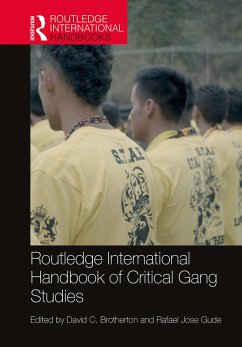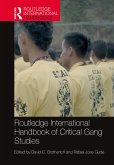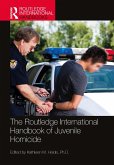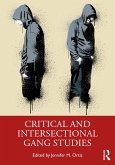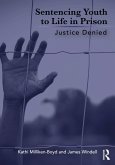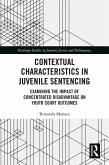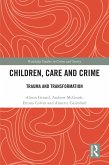- A view of gangs that takes into consideration the global context and appearance of the "gang" in its various forms and stages of development;
- An appreciation of the gang as a socio-cultural formation;
- A race-ethnic and class analysis of the gang that problematizes domain assumptions such as the "underclass";
- Gender variations of the gang phenomenon with a particular emphasis on their intersectional properties;
- Relations between gangs and the political economy that address the dominant mode of production and exchange;
- Treatments that demonstrate the historically contingent nature of gangs and their changes across time;
- The contradictory impact of gang repressive policies, institutions and practices as part of a broader discussion on the nature of the state in specific societies; and
- Critical methodologies on gangs that involve discussions of visual and textual representations and the problematics of data collection and analysis.
Authoritative, multi-disciplinary and international, this book will be of interest to criminologists, sociologists and anthropologists alike, particularly those engaged with critical criminology/sociology, youth crime, delinquency and global social inequality. The Handbook will also be of interest to policy makers and those in the peacebuilding field.
Dieser Download kann aus rechtlichen Gründen nur mit Rechnungsadresse in A, B, BG, CY, CZ, D, DK, EW, E, FIN, F, GR, HR, H, IRL, I, LT, L, LR, M, NL, PL, P, R, S, SLO, SK ausgeliefert werden.

